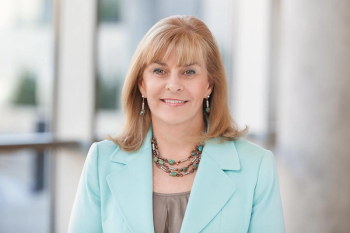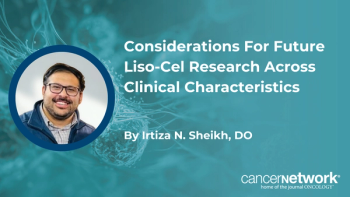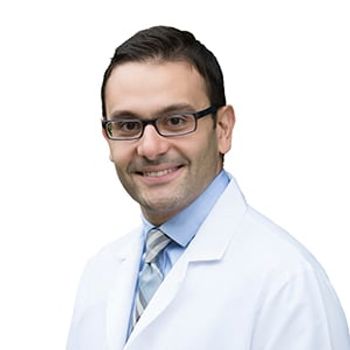
- ONCOLOGY Vol 13 No 3
- Volume 13
- Issue 3
Increased Efficacy Through Moderate Dose Escalation of Chemotherapy: Interim Report From the HD9 Randomized Trial for Advanced Hodgkin’s Disease
This report aims to assess the effect of increased drug dose on the efficacy and toxicity of the BEACOPP regimen with
This report aims to assess the effect of increased drug dose on the efficacy and toxicity of the BEACOPP regimen with granulocyte colony-stimulating factor (G-CSF [Neupogen]) support in advanced-stage Hodgkin’s disease. Patients between 15 and 65 years old, either in stages IIB/IIIA with risk factors or in stages IIIB/IV, were eligible.
Eight courses of chemotherapy were followed by local irradiation of initial bulky and residual disease. From February 1993 to April 1998, 1,200 patients were randomized between standard COPP/ABVD (cyclophosphamide, Oncovin [vincristine], procarbazine, and prednisone/Adriamycin [doxorubicin], bleomycin, vinblastine, and dacarbazine; arm A); baseline-dose BEACOPP (bleomycin, etoposide, Adriamycin, cyclophosphamide, Oncovin, procarbazine, and prednisone; arm B); and escalated-dose BEACOPP (arm C).
Baseline BEACOPP was approximately equivalent in dosage to COPP/ABVD but shortened to a 3-week course. Cyclophosphamide, etoposide, and doxorubicin were escalated to 192%, 200%, and 140% of baseline, respectively, and G-CSF was administered in arm C from day 8 until leukocyte recovery.
This third interim analysis, in February 1998, was restricted to patients randomized before August 1996. Median observation time was 27 months. A total of 689 patients (91%) were evaluable.
Acute toxicity (neutropenia, thrombopenia, anemia, infection) with BEACOPP was increased but manageable; toxic deaths were no more frequent than with COPP/ABVD.
CONCLUSION: We conclude that moderate dose escalation is feasible and increases efficacy. Leukemogenicity must be monitored.
Articles in this issue
almost 27 years ago
WHO Declares Lymphatic Mapping to Be the Standard of Care for Melanomaalmost 27 years ago
Navelbine Increased Elderly Lung Cancer Patients’ Survivalalmost 27 years ago
Consensus Statement on Prevention and Early Diagnosis of Lung CancerNewsletter
Stay up to date on recent advances in the multidisciplinary approach to cancer.










































